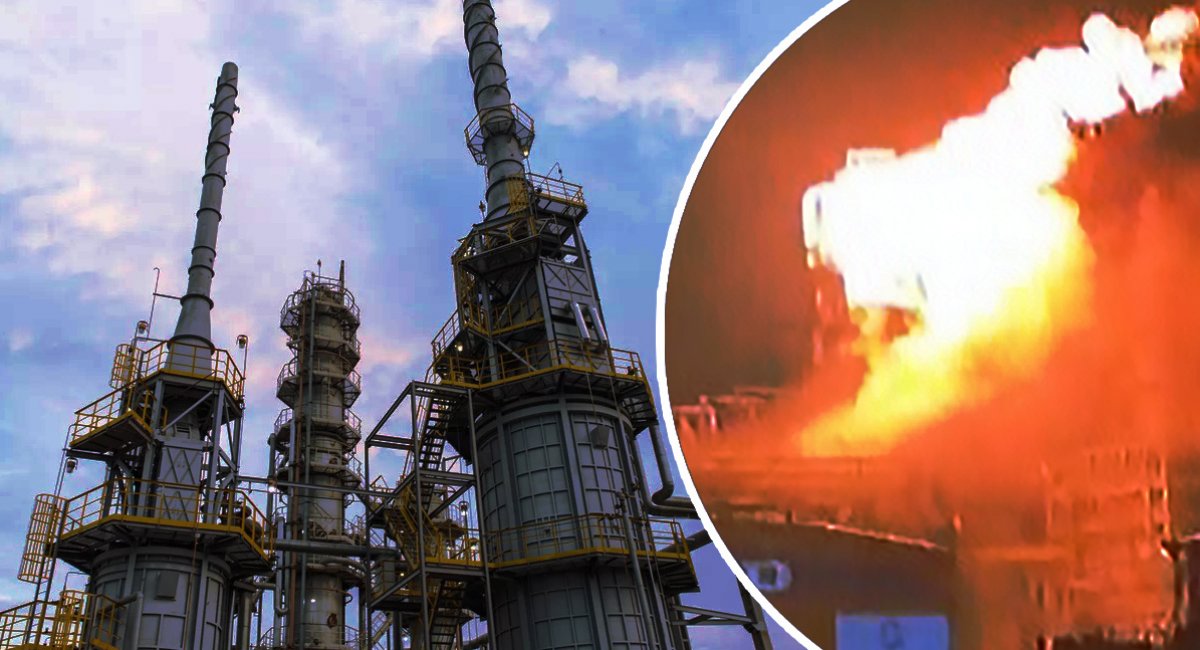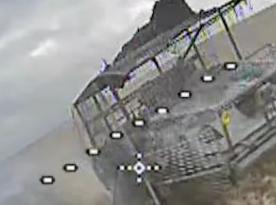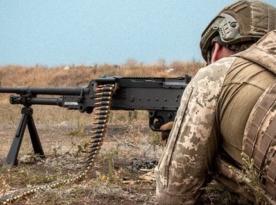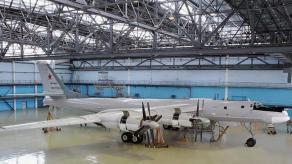Some Ukrainian media outlets report this, citing their own sources.
Specifically, as reported by Ukrinform, a significant blaze occurred at the Ilsk refinery, resulting in the impairment of a primary processing unit with a capacity of 3.6 million tons per year. Without it, the enemy will be unable to manufacture diesel fuel for military requirements. The estimated cost of such a unit is around $50 million.
Read more: The UK Defense Intelligence Analyzes Unexplained Explosions at russian Missile Factory and Other Plants
The consequences of the strike on the Afip oil refinery are still being clarified.
Both facilities are situated approximately 20 km apart.

Local sources report that the russians had to scramble aircraft into the sky, but this effort did not succeed in protecting the crucial refineries.
Such plants are legitimate targets, serving not only defense purposes and fueling the russian military, but also playing a crucial role in the russian economy.
The Ukrainian drone attacks on russian refineries are becoming increasingly systematic.
Previously, on January 29, a drone attacked the russian Slavneft-YANOS oil refinery in Yaroslavl. Currently, Slavneft-YANOS is one of russia's largest refineries producing refined products.
Prior to this incident, on January 25, drones operated by the Security Service of Ukraine struck a refinery in Tuapse, Krasnodar Krai, causing a significant fire.

According to Defense Express, on January 21, a large explosion and fire occurred in the city of Tula, where the Shcheglovsky Val plant is located. This plant manufactures the Pantsir-S air defense system, among other things.
We also reported that on January 21, SSU drones successfully targeted the terminal of the Novatek in the Ust-Luga portof Leningrad Oblast, which processes fuel supplied to the russian military.
Read more: Ukrainian Drone Attacks Oil Refinery in russian City of St. Petersburg, russian S-400 System Misses Intercept














